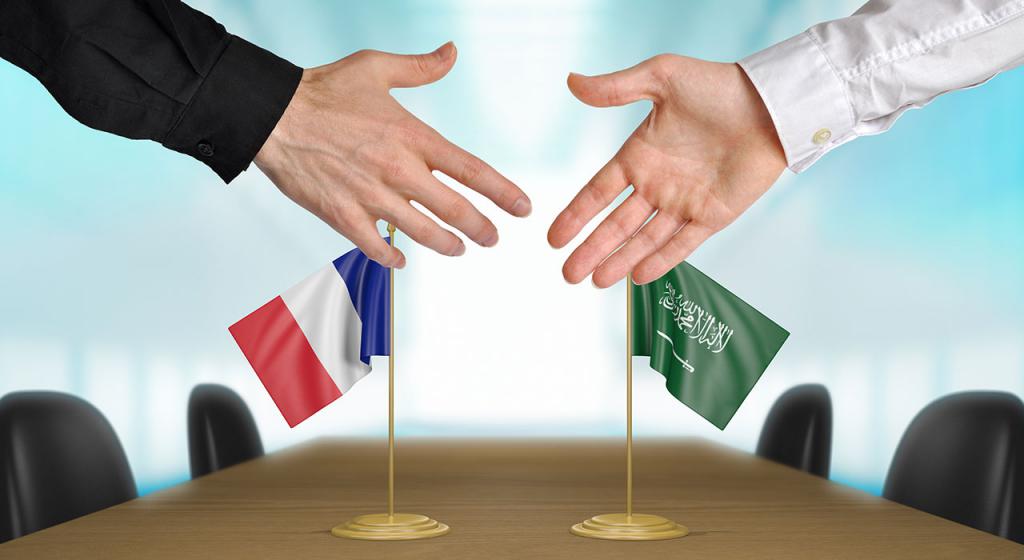Diplomacy is something that no country in the world can live without. It can not be compared with the system of politics, because it is something more subtle. The diplomatic protocol and etiquette are mandatory for every self-respecting diplomat of any rank. By the way, about the ranks. This article is devoted to the diplomatic ranks. Here, the history, designation, goals and consequences of the appropriation of certain titles will be described.
The meaning of the concept

In the world of politics and diplomacy, one can find many different definitions, sometimes not entirely clear. Every educated person needs to know these terms.
Diplomatic ranks include not only concepts related to the political sphere, but also military ones. Let's look at how many ranks exist and what types they are divided into.
Personal level of professionalism, a high indicator of education and significance, special merits - these criteria are quite enough to get a certain diplomatic rank. It is awarded to the diplomatic staff of foreign affairs agencies, who work abroad in special missions.
What are they needed for?
The question arises: what is the meaning of these ranks? And the fact that they are awarded to special people who have already achieved something and have some ambitious and positive goals for the country. This increases their motivation, the desire to work for the good of the country, to perform their functions better - to improve; climb the corporate ladder. And of course, far from the last place is the level of remuneration of this or that specialist.
Only those persons who directly take part in the work of the central state apparatus can receive diplomatic ranks and classes. In addition, those who are fortunate enough to receive a certain status are also entitled to cash bonuses. However, for this it is necessary to achieve some success in foreign or domestic diplomacy.
Formal Binding
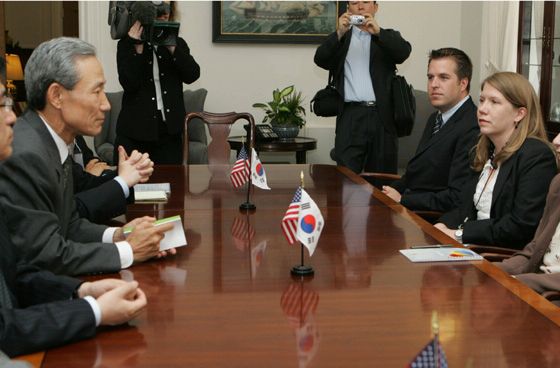
Diplomatic ranks did not arise from the air, as did the concepts of diplomatic protocol and etiquette. Yes, not everyone adheres to it, but it is officially enshrined in the document of 1815 in the Vienna Treaty on International Relations. This document is valid to this day, therefore, it must be strictly followed by each diplomat.
The schedule of specific staff positions was fixed at that time and did not change significantly even once.
The history of the emergence of diplomatic statuses began after the October Revolution, when they decided to divide the diplomatic assembly into certain classes. Thus, the following classes appeared: extraordinary and plenipotentiary envoy, extraordinary and plenipotentiary ambassador and, of course, charge d'affaires. Soon there were more ranks.
Additional statuses
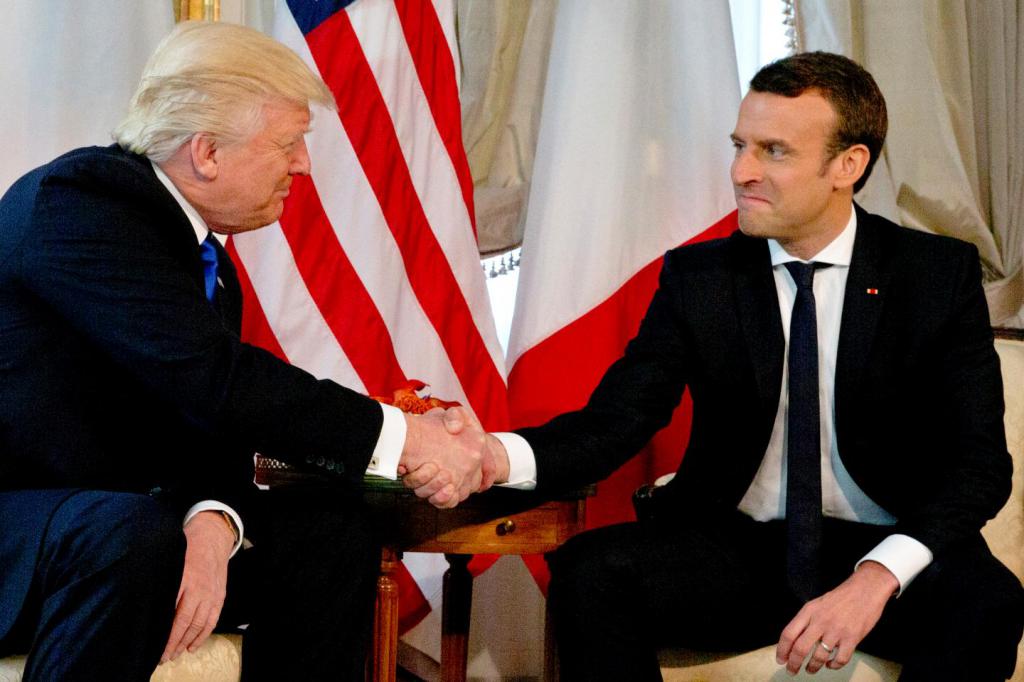
The diplomatic classes later split even more. Among high society such ranks appeared as:
- Class 1 adviser (he can be an assistant, consul, and deputy director);
- Grade 2 adviser (deputy director, assistant consul, representative of the Ministry of Foreign Affairs);
- Grade 3 adviser (may be the first secretary of the embassy or consulate).
The rank of third secretary was also created. Here they awarded some status to military affairs. He was named military attache. This classification has been preserved to this day and is used in the same way.
Ranks were assigned on time?
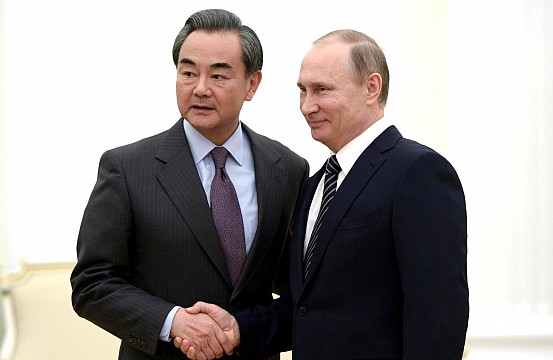
As you know, not all diplomats and politicians have been doing their work all their lives.Someone leaves, someone comes, what about the ranks in such cases? For this, one trick was also invented - to divide the ranks into temporary categories.
- Temporary rank (awarded only for the duration of a specific mission).
- Personal.
- Life.
It is also worth mentioning that the ranks did not always have such significance in the past. The military attache, secretaries and ambassadors, deputies and advisers - all these were once just job titles.
Historical facts
Before, some concepts in history either did not exist, or they were interpreted a little differently.
For example, there was no such thing as an ambassador extraordinary and plenipotentiary. Such people were simply called ambassadors. The words "extraordinary" and "plenipotentiary" were also taken not from the air. When a diplomat needed to be entrusted with any high authority, he could be sent as plenipotentiary ambassador. So, in fact, it was with the word "extraordinary".
And this was also due to conflicts that occurred between accredited (plenipotentiary) and extraordinary ambassadors. They fought for each other's ranks, as a result of which they began to call all ambassadors extraordinary and plenipotentiary.
Other countries
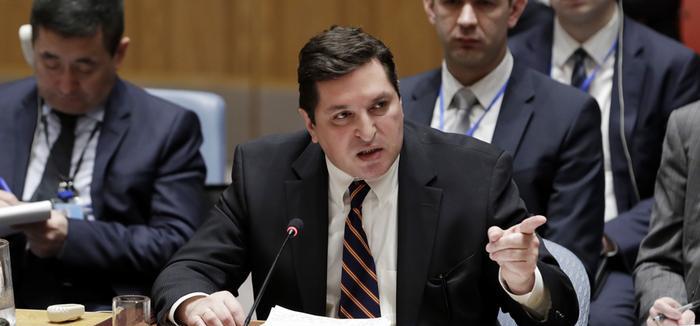
Today, similar systems operate only in the foreign affairs agencies of France and the countries of the former socialist camp. Some elements of this system at the level of advisers and envoys operate in Germany. In the USA, Great Britain and some other countries, there is a complex letter-digital system of ranks that sets the “limit” of posts and features of official salaries both in the department and in its foreign representations, depending on many factors. This is the length of service, working conditions, level of responsibility, etc.
Thus, it can be noted that diplomatic ranks do not occupy the last place in important problems. Still, the motivation of many employees of the central apparatus of various countries of the world depends on them. And the degree of motivation determines the amount of effort that a person makes to achieve the goal.
